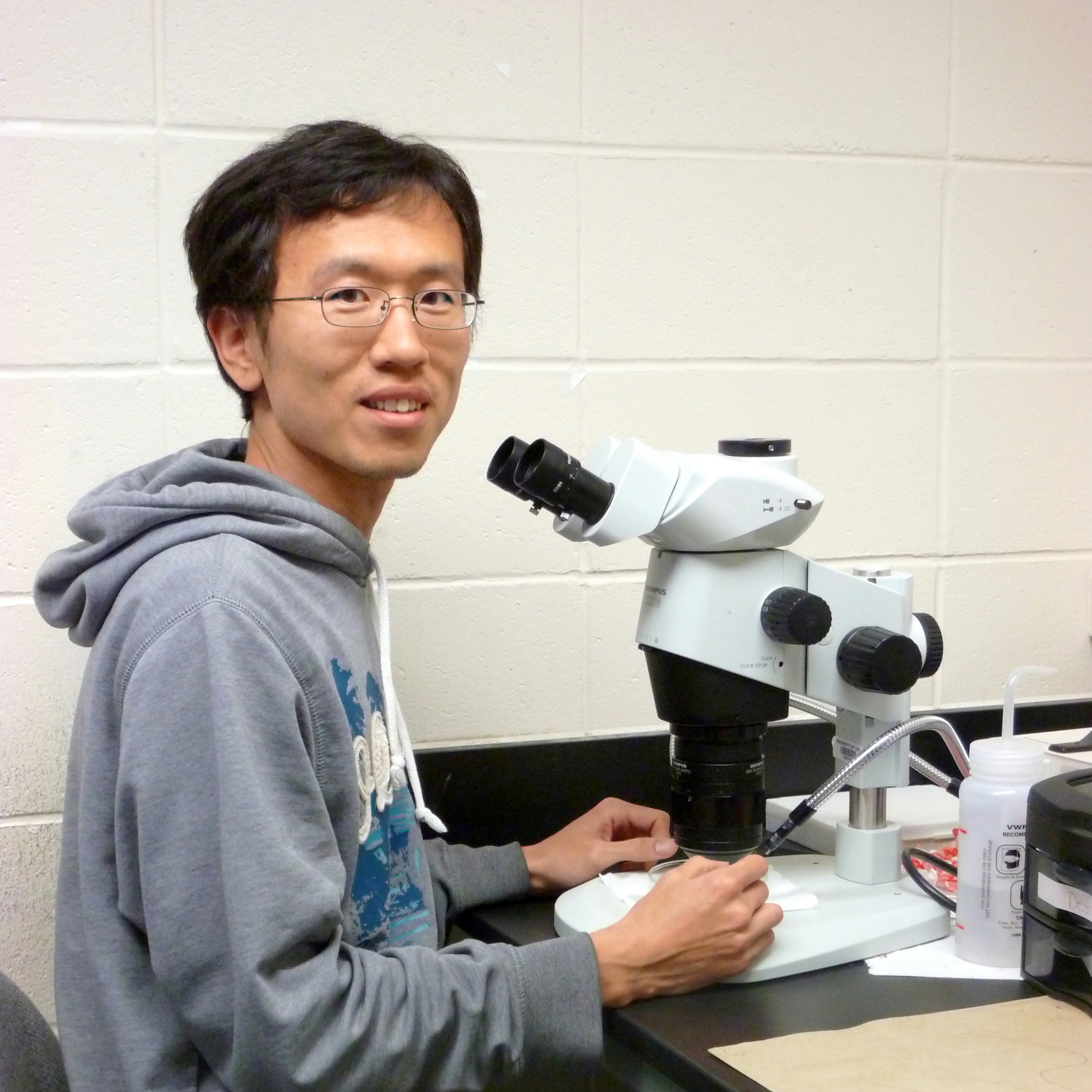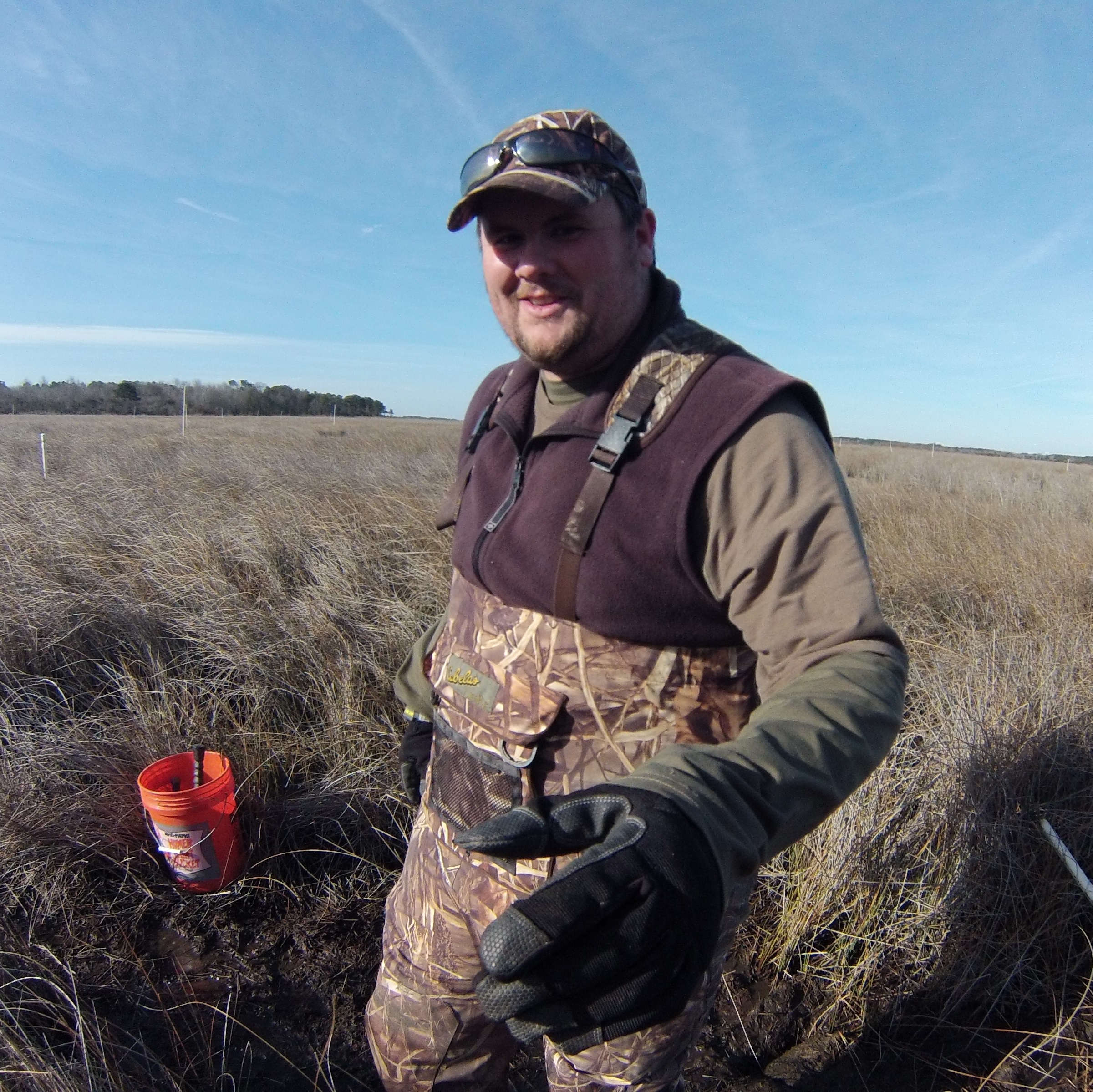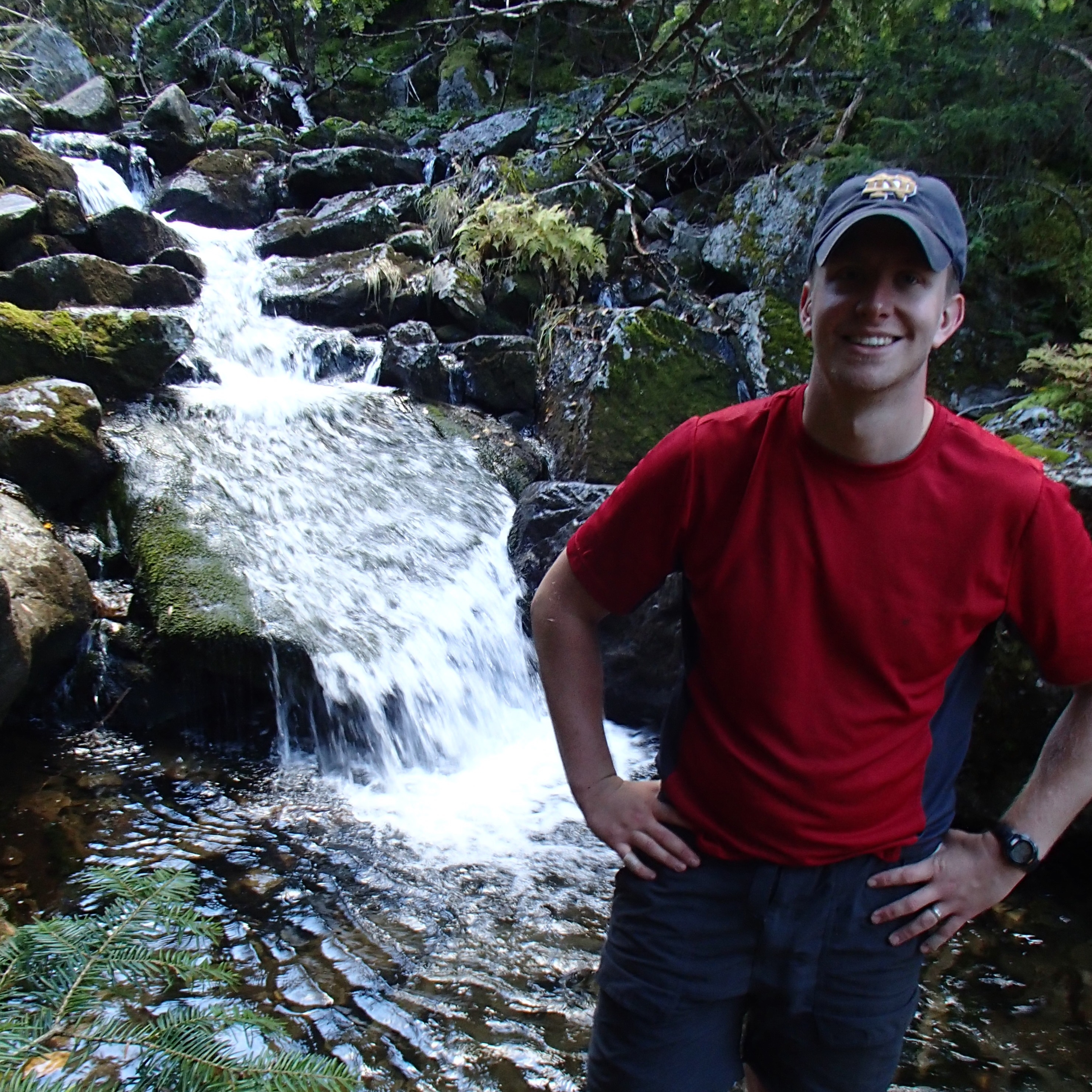GCA Coastal Wetlands Scholarship Award Recipients
Award Recipients in 2015

Xuan Chen, a Ph.D. student at Louisiana State University, will study floating marshes in Louisiana. These are a globally rare and unique type of wetland; they play important ecological functions but suffer many types of disturbances such as multiple plant invasions in Louisiana. Chen will use ants as bio-indicators to study how the successive invasive woody plants affect the floating marsh ecosystem. This research will provide valuable information for both basic (niche theory, metacommunity) and applied (invasive management, habitat monitoring) wetland ecology studies.
 Mary Jane Carmichael, a Ph.D. student at Wake Forest University, will study methane flux from wetlands. Currently, knowledge regarding the role of wetland vegetation in methane flux to the atmosphere is constrained to live vegetation. A pilot study conducted in August 2014 indicated that dead vegetation (standing snags) may be an important unrecognized source of the atmospheric flux of this potent greenhouse gas. Carmichael will conduct an expanded study to investigate this phenomenon and quantitatively determine the role of standing dead vegetation in the atmospheric flux of methane from wetlands.
Mary Jane Carmichael, a Ph.D. student at Wake Forest University, will study methane flux from wetlands. Currently, knowledge regarding the role of wetland vegetation in methane flux to the atmosphere is constrained to live vegetation. A pilot study conducted in August 2014 indicated that dead vegetation (standing snags) may be an important unrecognized source of the atmospheric flux of this potent greenhouse gas. Carmichael will conduct an expanded study to investigate this phenomenon and quantitatively determine the role of standing dead vegetation in the atmospheric flux of methane from wetlands.
 Robert Kyle Derby, a Master's student at the University of Maryland, will also be studying methane. He will collect methane emission data from two brackish marshes in Maryland during the summer of 2015 and compare these data to the output of a previously untested computerized model that estimates brackish tidal wetland methane emissions. This study will determine if this model works for this type of brackish tidal wetland system, so that wetland restoration professionals could then use it instead of costly monitoring to estimate wetland methane emissions in carbon crediting projects.
Robert Kyle Derby, a Master's student at the University of Maryland, will also be studying methane. He will collect methane emission data from two brackish marshes in Maryland during the summer of 2015 and compare these data to the output of a previously untested computerized model that estimates brackish tidal wetland methane emissions. This study will determine if this model works for this type of brackish tidal wetland system, so that wetland restoration professionals could then use it instead of costly monitoring to estimate wetland methane emissions in carbon crediting projects.
 Matthew Abbot, a Ph.D. student at the University of Mississippi, will study mycorrhizal carnivorous plants. Despite the longstanding assumption that mycorrhizal associations would be redundant to prey consumption in carnivorous plants, new research has revealed that many carnivorous plants are in fact mycorrhizal. Why these associations exist remains unexplained. He will examine how fire stimulated changes in resource availability regulate root colonization to test the hypothesis that carnivory reduces N limitation after fire, while mycorrhizae reduces P, K, Mg, Mn limitation in the absence of fire.
Matthew Abbot, a Ph.D. student at the University of Mississippi, will study mycorrhizal carnivorous plants. Despite the longstanding assumption that mycorrhizal associations would be redundant to prey consumption in carnivorous plants, new research has revealed that many carnivorous plants are in fact mycorrhizal. Why these associations exist remains unexplained. He will examine how fire stimulated changes in resource availability regulate root colonization to test the hypothesis that carnivory reduces N limitation after fire, while mycorrhizae reduces P, K, Mg, Mn limitation in the absence of fire.
 Vanessa Constant, a Ph.D. student at Oregon State University, will study sea level changes in Oregon coast salt marshes. Occurring along an elevation gradient, Oregon coast salt marshes have the potential to be a model system in which to evaluate how variable sea level rise (SLR) influences coastal resilience. Salt marshes are essential for coastal protection, dissipating wave energy, stabilizing sediment, and increasing intertidal elevation and size. Despite this, Oregon coastal marshes remain largely unstudied. Her goal is to determine how SLR will impact these marshes and their coastal protective services.
Vanessa Constant, a Ph.D. student at Oregon State University, will study sea level changes in Oregon coast salt marshes. Occurring along an elevation gradient, Oregon coast salt marshes have the potential to be a model system in which to evaluate how variable sea level rise (SLR) influences coastal resilience. Salt marshes are essential for coastal protection, dissipating wave energy, stabilizing sediment, and increasing intertidal elevation and size. Despite this, Oregon coastal marshes remain largely unstudied. Her goal is to determine how SLR will impact these marshes and their coastal protective services.
